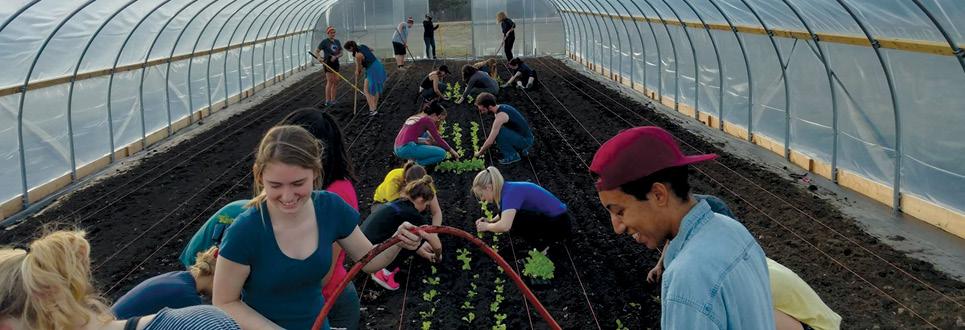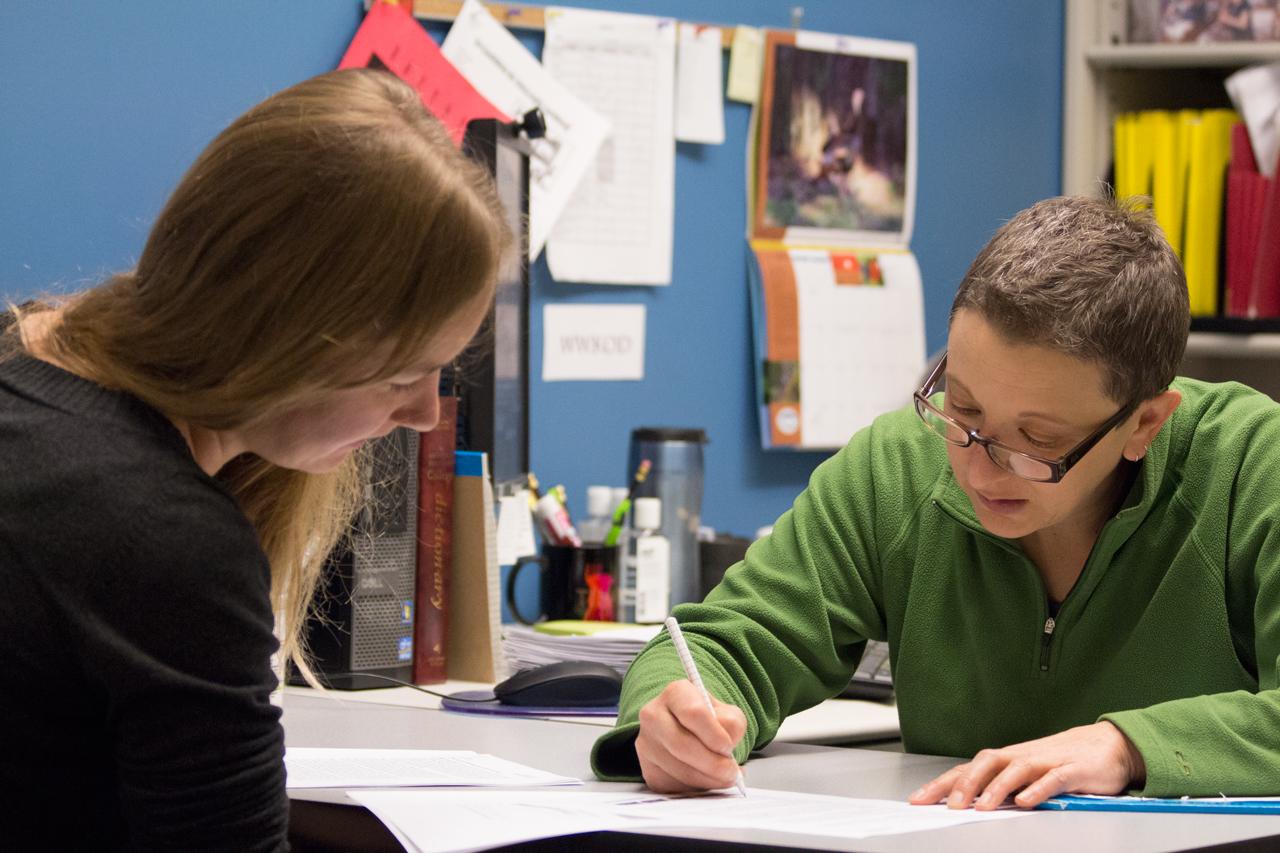Whether you're working on your U-M application essays or in the midst of your fall course load, we think you'll find this advice on essay writing from the Sweetland Center for Writing valuable.
Good writing takes practice, and therefore you’re in luck—if you attend U-M, you’ll get lots of chances to write, whether as academic course work, as part of a student organization, or for your own personal projects! As you work to develop your writing skills, the Sweetland Center for Writing suggests that you keep these five tips in mind:
- Make sure devote enough time to prewriting activities, such as reading and annotating texts, researching, reading other points of view, brainstorming, freewriting, organizing/outlining, storyboarding, talking about your ideas in class or with friends, etc. This early part of the process will help fully prepare you to dive into your project and produce your best work!
- Start your writing process early! Leave yourself plenty of time to invest in your writing and to look back at your drafts with fresh eyes. Having time to revise substantially often leads to the most comprehensive and polished product.
- Be willing to write really rough drafts. Again, writing takes practice—you won’t get anywhere on the project if you don’t get something down on paper or typed up into that Word document. Don’t worry about being “perfect” or even “good” the first time—just try to get your ideas out into the world. If you started early, there’ll be plenty of time to revise and mold your work into its most effective version later. Getting started is the hardest—and the most important—part!
- Write for yourself. It may seem hard to separate your motivation for writing from the desire to get a good grade or impress your instructor. But, if you try to find a purpose that is meaningful to you beyond the assignment, you may find yourself more invested in your ideas and your writing projects. If you care about what you’re writing, you’ll be more excited to work on it, leading to less procrastination, more focused work, and, yes, maybe even a better grade.
- Seek feedback at multiple stages during the process. Don’t wait until the night before a paper is due to get help—it’s hard to produce a well-developed piece overnight, even if you schedule an appointment with the best peer writing consultant ever (and we have a lot of great ones!). Sweetland is here to help you during all parts of the process, so make use of our resources by scheduling an appointment at our Writing Workshop or our Peer Writing Centers. Whether you need some guidance navigating the trickiest parts of a project, advice on how to strengthen your work, or even just another set of eyes, we're here for you! (For more information about the Sweetland Center for Writing and its services for undergraduate students, see [first blog post].)



